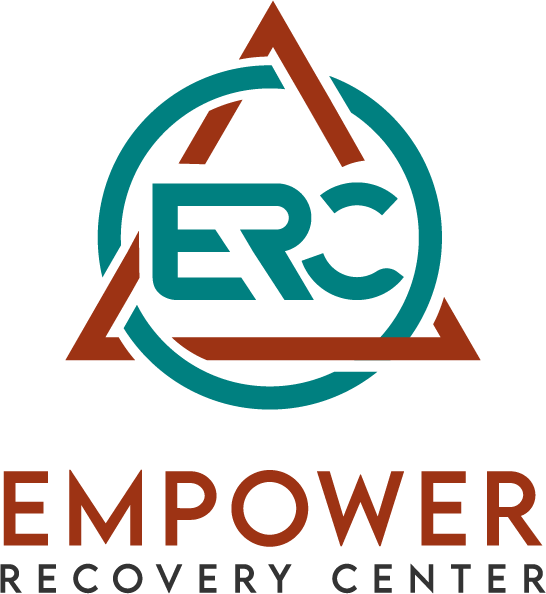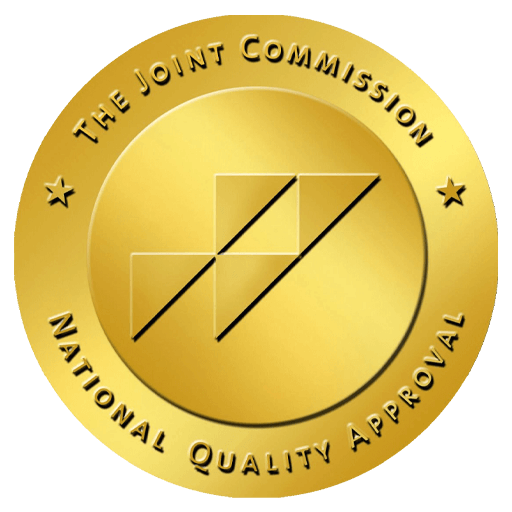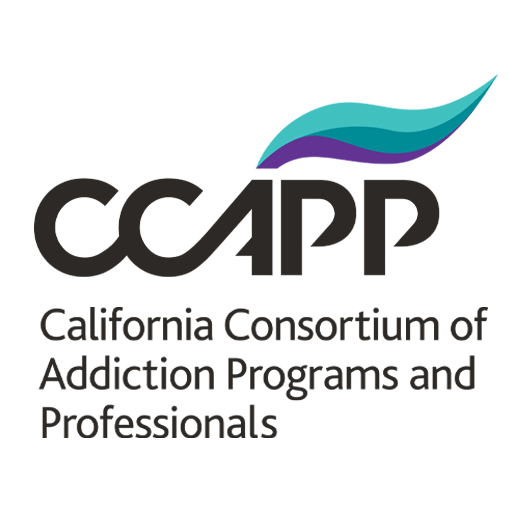What makes a residential program successful in addressing failure to launch?
Success in residential programs often hinges on the comprehensive nature of the support offered. A program like ours at Empower Recovery Center emphasizes a personalized approach to each participant’s unique needs. We ensure access to licensed mental health professionals who can provide therapy and guidance tailored to individual challenges. Moreover, practical life skills training is crucial; we teach essential skills such as financial literacy, job search strategies, and everyday living skills. This holistic approach fosters both competence and confidence, setting a strong foundation for independence.
Consider a young adult who enters the program with anxiety about managing finances. Through tailored financial literacy workshops, they not only learn budgeting skills but also engage in role-playing scenarios to simulate real-life decision-making. This experiential learning is vital for building resilience and self-reliance.
Is there a life skill you wish you had learned sooner? Reflecting on this can highlight areas where support might be needed.
How do residential programs address mental health in young adults struggling to launch?
At Empower Recovery Center, mental health is a cornerstone of our residential programs. We recognize that challenges such as anxiety, depression, and other mental health issues can significantly hinder a young adult’s ability to transition to independence. Our approach involves both individual and group therapy sessions to create a supportive environment where participants can explore their feelings and work through their challenges.
For instance, think of a participant who struggles with social anxiety. Through group therapy, they learn to navigate interpersonal dynamics in a safe space. Over time, as they gain confidence, they are encouraged to participate in community activities, which helps them build social connections and reduce isolation.
Have you ever experienced a situation where mental health support made a difference in your life? Sharing these stories can help others see the value of therapy.
What are common misconceptions about failure to launch residential programs?
One common misconception is that these programs are a ‘quick fix’ for young adults struggling to become independent. In reality, the journey to independence is often complex and requires sustained effort and support. Another misconception is that the programs are overly restrictive, whereas the aim is to provide structure while allowing young adults to develop decision-making skills.
Imagine a program perceived as too structured. In truth, that structure acts as a safety net, providing a reliable routine while gradually introducing more independence. This balance ensures participants feel supported yet challenged to grow.
What preconceptions might you have about structured environments? Share your thoughts, and let’s discuss how these structures can be empowering.
How can parents effectively support their children in these programs?
Parents play a pivotal role in their children’s progress in residential programs. At Empower Recovery Center, we emphasize the importance of open communication between parents and their children. This involves listening actively and providing emotional support without overstepping. Parents should express confidence in their children’s ability to overcome hurdles while respecting professional guidance from the program.
Consider a parent feeling anxious about their child’s progress. Attending family therapy sessions can offer insights into the child’s experience and help parents foster a nurturing home environment. By doing so, parents empower their children to take ownership of their growth and navigate challenges independently.
What strategies have you found effective in supporting a loved one’s growth? Sharing can provide valuable insights to others in similar situations.
How do residential programs aid in the application of learned life skills post-program?
Transitioning learned skills to real-world applications can be daunting. At Empower Recovery Center, we provide continuous support through our alumni network, ensuring that participants aren’t left without guidance once they complete the program. This ongoing support reinforces the application of learned skills in everyday life.
Imagine a participant who learned time management skills. After leaving the program, they might face the challenge of balancing work and personal life. Our alumni support provides mentorship and resources, helping them apply those skills effectively, ensuring long-lasting behavioral changes.
Have you faced a situation where ongoing support made a difference in maintaining a new skill? Discussing these experiences can help others appreciate the value of continued mentorship.
What challenges do participants commonly face in failure to launch programs?
Entering a residential program can be intimidating. Many participants initially struggle with homesickness or resistance to change. These feelings are natural, and at Empower Recovery Center, we provide a compassionate environment to help participants navigate these emotions. Encouraging open discussions about these feelings is crucial in building resilience.
Think about a time you faced a significant change. How did you overcome the initial discomfort? Sharing strategies and coping mechanisms can be encouraging for those currently in transitional phases.
What emotional challenges have you identified when facing new experiences? Your insights could lead to a deeper understanding of handling transitions.








